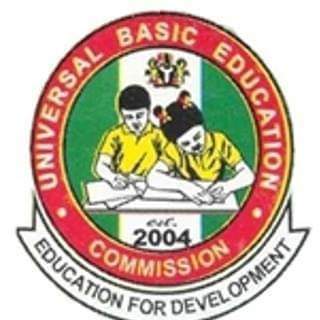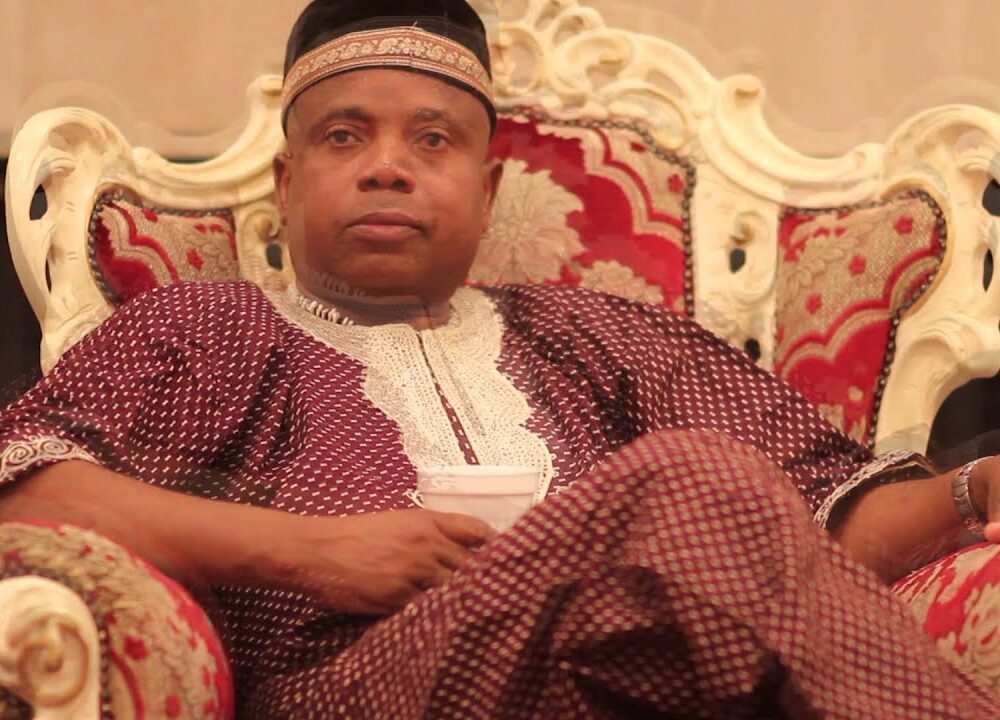The Universal Basic Education Commission UBEC was saddled with not only interventions, but monitoring, reviewing, implementing, and coordinating agency spanned over three decades that trickled down to sub-national level through SUBEBs, geared towards addressing the lingering phenomenon of ‘Out of School Children’ OOSC in Nigeria among many others.
The consequences of the unresolved out of school children had had a gross effect on the operation of the agency overtime, inspite of concerted efforts by government at all levels to redress the ugly trend towards guaranteeing equal opportunity, and egalitarian society.
With UBEC strides, synergy, collaborations with both local and international stakeholders, alot of achievements and successes was achieved to redress the unabated trend, that had ensured quality and equality of education bequeathed on Nigerian populace, but was adversely reversed by both natural and artificial occurrences that proved somewhat unavoidable.
Under the current leadership in UBEC chaired by Dr. Hamid Bobboyi, Nigeria had witnessed the most debilitating damages owing to insecurities of all sorts and shape, as well as the global pandemic of COVID that stalled both socio-economic and political development for months, it’s consequences and other waves among many other distractions.
But, alas management of UBEC had not rest on its oars with a domesticated programs being handled by SUBEBs at the states and local government levels, to revert to the earlier successes recorded in the first one decade when the special program was introduced in the sub Saharan Africa with Nigeria not in an exception, known as Education for All (EFA) , that jerked up children enrollment from 61M to 180M between 1990-2020 equivalent to 53% -80% with JSS enrollment from 51% – 63% under review.
With the global strides, little was achieved in the area of school dropout rates in the primary schools as it increase to 65% from 56% within the same period, worsened both in developing and poor countries to about 80% , with low basic literacy and numeracy skills, as children in this category could not read and write fluently.
With global computation of a cumulative 258M children out of school that had been a sort of worries to the global bodies, like UNESCO living 59M in our primary schools, 62M in JSS and 138M in secondary schools representing 41% on the average translating to (4 out of 10 , or 25M ) out of school, leaving girls education vulnerable . This is away from countries that are crises ridden with a low 20% of primary school age children, with 50% world’s out of school children OOSC, including Nigeria.
But, with renewed zeal and commitment by UBEC , though, with Nigeria positioned as the largest economy in Africa, concerted efforts are being put in place by managers whose commitment to free, universal, and quality basic education to all Nigerian children of both primary and junior secondary schools, the foundation towards early education.
Within a decade, Education administrators in Nigeria with input from UBEC trickled down to SUBEBs had improved the enrollment level to 45% at primary schools, tripled in JSS inspite of natural and artificial barriers, that boarders on religion, proximity, poverty rates, socioeconomic and cultural beliefs, practices and conditions.
UBEC’s solutions through provision of infrastructures, trained teachers, instructional materials, quality teachings, special programs, vocations and skill
acquisitions that was hitherto lacking was gradually and systematically being introduced as impetus to discourage high rate of out of school children OOSC in Nigeria, that is yielding results not minding other distractions.
These among many others was the constant re-orientation, rejigging of other programs of the agency through advocacy, sensitization, awareness, talkshops, workshops and seminars using both local and modern as well as scientific equipment to deploy the strategies.
With ranges of policies and strategies, the need to inculcate special education into the curriculum of basic education became germane, along with placing education in the exclusive list of items demanding urgent and constant attention in Nigeria.
With the new approach ,inspite of the global pandemic, insecurity, the rate of poverty, stigmatisation, unemployment will be reduced to the barest minimum, with adequate consideration to the people living with disabilities.
It is now obvious that sustained efforts will improve the quality of education at all levels, teachers continuous trainings, and recognition of formal and informal education to drive the new education policy.
Therefore, the continuous global awareness, multi sectoral collaboration, policy thrust, interventions and review of existing policies adopted by the current handlers of the Universal Basic Education Commission UBEC in the country will be major moves geared towards resolving the high rates of out of school children OOSC in Nigeria.
No doubt, UBEC in conjunction with SUBEBs and other critical stakeholders in the education sector had developed strategies that will continue to address the growing needs to reduce to the least the scourge of out of school children OOSC in the country.
* Yusuf writes from Abuja,he can be reached on yus.abubakar3@gmail.com.





